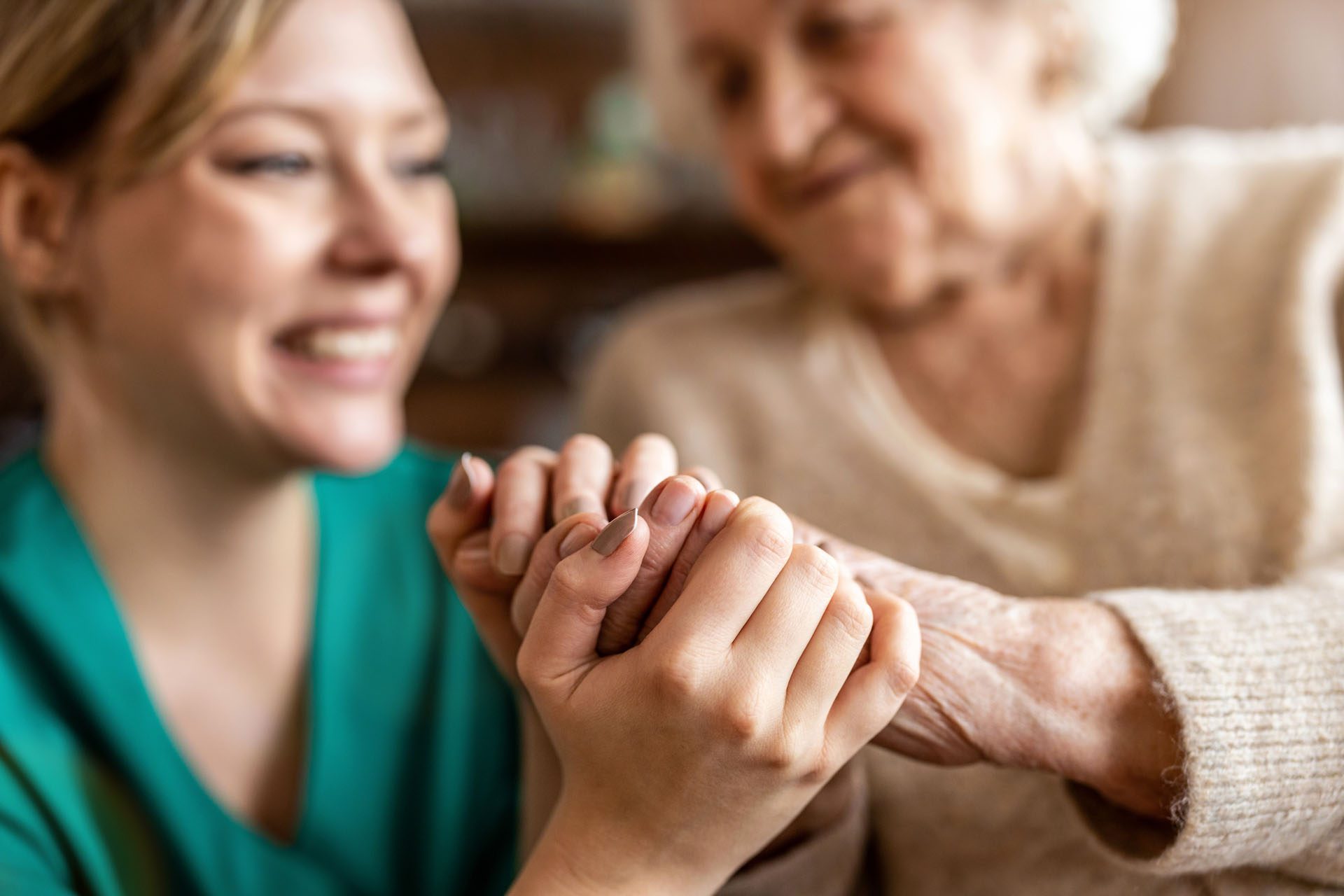Mental Health Awareness Month: The Facts You Should Know
May is Mental Health Awareness Month; the month is dedicated to raising awareness and educating the public about mental illnesses, the realities of living with these conditions, and the strategies for attaining mental health and wellness.
The stigma that surrounds mental health is a common problem that affects whether or not people seek treatment. In fact, 60% of adults with a mental illness didn’t seek out mental health services in the previous year. In order to help facilitate the mission of Mental Health Awareness Month, here are some of the most startling facts about mental health:
- Mental disorders are among the leading causes of disability and ill-health around the world, affecting one in five people globally. That’s more than the populations of New York and Florida combined.
- Women are more likely to get help for mental health issues.
- 90% of those who die by suicide have an underlying mental illness.
- Depression is about twice as likely to occur in people with heart disease compared with the general population.
- 18% of Americans live with an anxiety disorder, and 6.9% suffer from severe depression.
- Currently, there are various mental health treatments available. Still, even with all of these available interventions in place, almost two-thirds of people with a known mental disorder never seek help from a health professional. Additionally, even those who do receive contemporary treatments can sometimes find that they are ineffective.
- There is a consistent problem of patients prematurely withdrawing from their treatment programs. In fact, each year, approximately one-fifth of adults enrolled in mental health treatment drop out before completing the recommended course, therein reducing the effectiveness of the treatment plan.
Despite the stigmas surrounding mental illness, those who are struggling with it should seek treatment as soon as possible. Mental health conditions don’t improve on their own and can be linked to together health issues if left untreated.
There are many different options available for treatment, but no single method effectively treats everyone. Many people find that the best solution is sometimes a combination of treatments. Such treatments include:
- Psychotherapy, also known as “talk therapy,” is a therapeutic treatment of mental illness provided by a trained mental health professional. Psychotherapy is a way to help people with a broad variety of mental and emotional difficulties. By increasing wellbeing and healing, a person can function better through this treatment method. Around 75% of people who enter psychotherapy show some benefit from it.
- When cases where psychotherapy alone does not help, certain medications can be used to treat common mental illnesses. Medications such as antidepressants, anti-anxiety medications, stimulants, antipsychotics, and mood stabilizers may help with the management of symptoms and are best paired with psychotherapy.
- Case management is the coordination of services and advocating for individuals suffering from ongoing mental illness. A case manager will assist both adults and children in gaining access to necessary medical, social, educational, and other services.
- When needed, hospitalization can be the best option so that the patient may be closely monitored, properly diagnosed, and medications can be adjusted or stabilized. The majority of people will not need to spend time in a hospital or treatment center, but those who do receive the benefit of reducing the stress of daily responsibilities for a brief moment in time to focus on recovery.
- Support groups offer a space where individuals can unite to share stories and experiences relating to a specific area such as depression, family, grief, or divorce. Through peer support, members are able to guide each other through a shared goal of recovery.
- Complementary and alternative medicine can be significantly helpful to those who are living with mental illness, because they must cope with stressors such as fatigue, insomnia, and anxiety. Some examples of alternative treatments include exercise, dietary supplements, relaxation techniques, and yoga.
GoMo Health is affecting change in the mental health arena with Bridgeway Rehabilitation Services, a mental health day program located in Elizabeth, New Jersey. The Bridgeway Personal Concierge™: Every Day Matters program is a free mobile engagement solution designed to enhance Bridgeway’s already instated rehabilitation program. In the months since the program has been deployed at Bridgeway, they have seen a 40.9% increase in participant retention, translating into a $162,529 annual revenue increase.
Download our white paper created in collaboration with Bridgeway Rehabilitation Services, detailing Bridgeway’s Every Day Matters program, its effects on the community, and BehavioralRx®, the science used to implement it.








Find Us Online